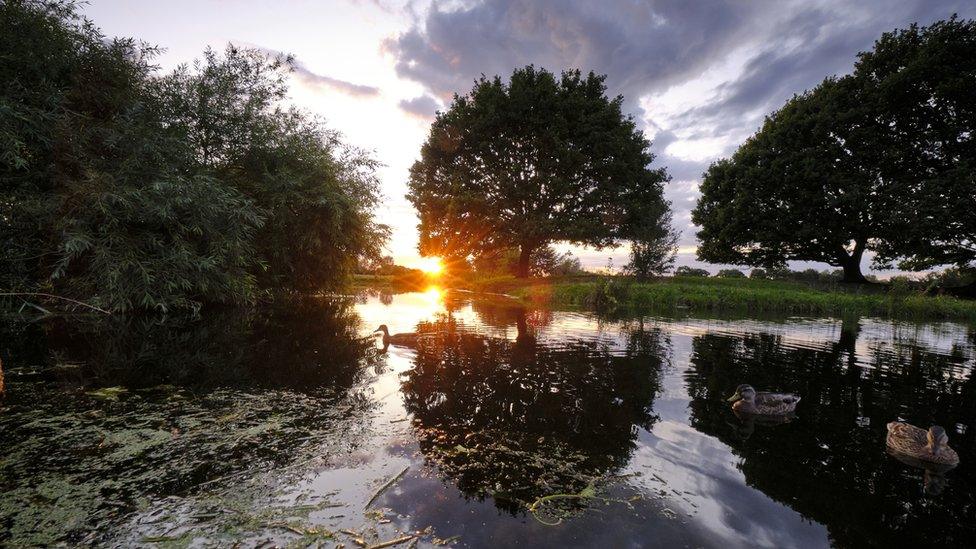How new energy infrastructure could affect East of England
- Published
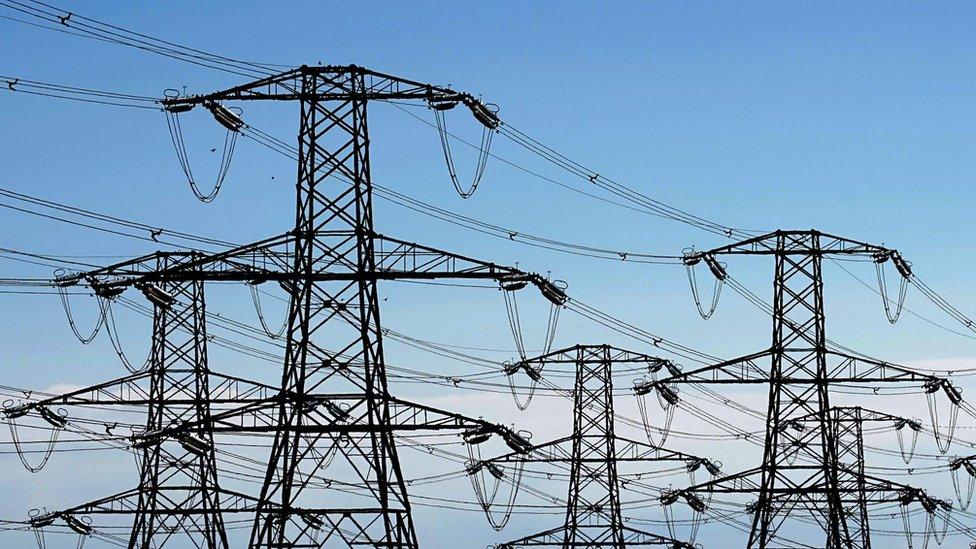
A 112-mile stretch of pylons is proposed for East Anglia
New offshore wind, nuclear and solar power projects are all planned for the East of England, but how will that energy be transported elsewhere?
A network of pylons and underground and undersea cables have been proposed.
National Grid says the electricity network in East Anglia "doesn't have the capability needed to reliably and securely transport all the energy that will be connected by 2030".
Campaigners say the plans will impact small villages and the tourism sector.
Nearly 20 windfarms are planned or are already functioning off the coast.
A new nuclear power station at Sizewell in Suffolk is awaiting a final investment decision, but has development consent.
The BBC looks at how these projects could affect the region.
Norwich to Tilbury pylons
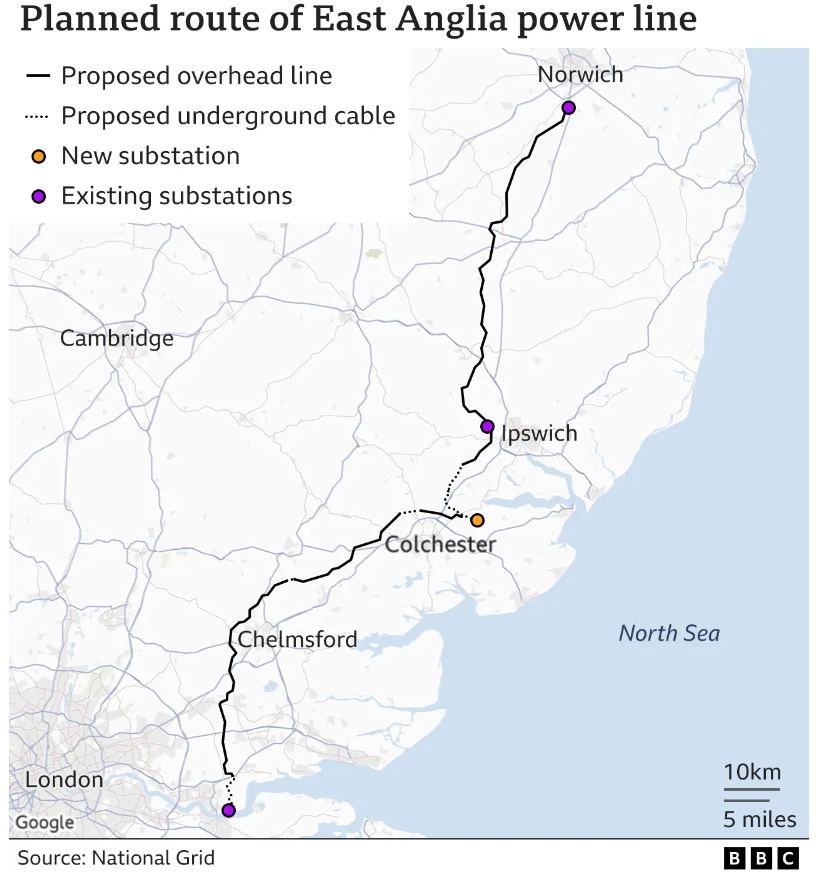
National Grid wants to build a 112 mile-long (180km) power line from Norwich to Tilbury in Essex.
The plan has attracted opposition from campaigners, county and district councils and many of the region's MPs.
Some want the cable line to be built out at sea, but that is likely to be much more expensive in the short term.
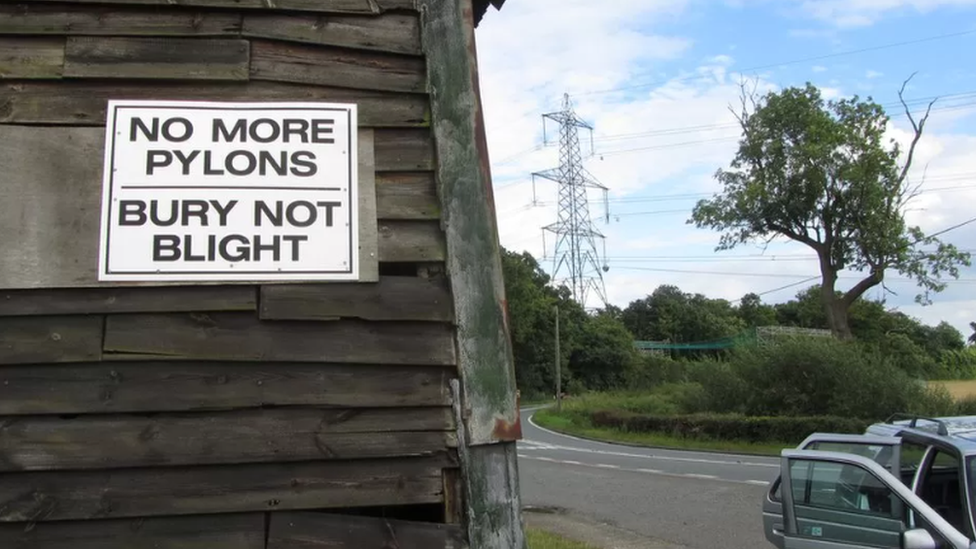
Some campaigners want underground cables to be preferred over pylons
National Grid has previously said that "every penny we spend appears on consumers' bills".
Critics responded by saying it was resorting to outdated 1950s technology.
A statutory consultation on the plans is due in 2024.

LionLink
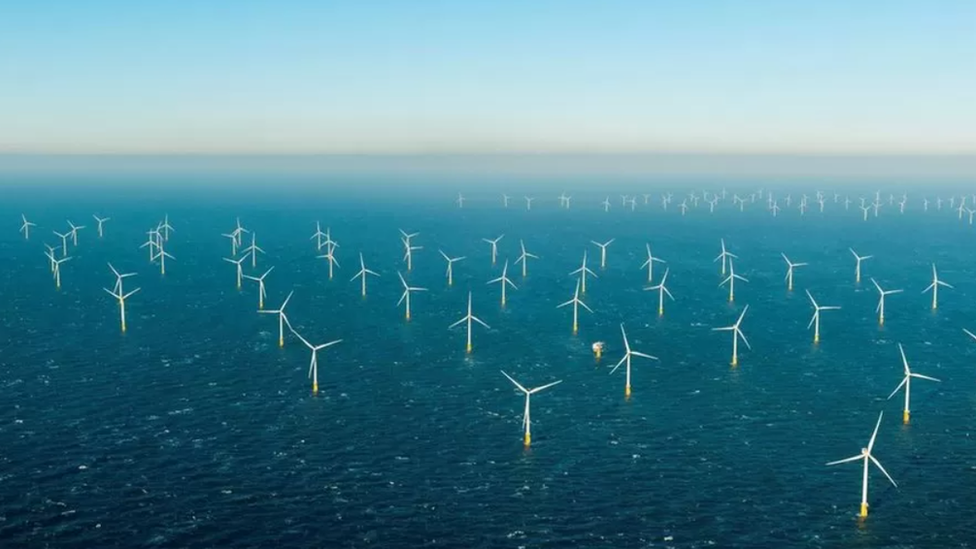
LionLink would connect offshore windfarms and transfer electricity between the UK and the Netherlands
The project would create an energy connection between Suffolk and the Netherlands, via offshore windfarms in the North Sea.
National Grid wants cables to reach land at either Walberswick or Southwold.
A converter station would be built on the outskirts of Saxmundham and could cover a six-hectare area.
That would then connect to a substation being built at the village of Friston.
Suffolk County Council has called the plans "unacceptable and unfair".

Sea Link
Suffolk and Kent would be connected by Sea Link if the 90-mile (145km) electricity infrastructure project is given the go ahead.
National Grid says the project is needed to create "a more secure and resilient energy system".
It would also include some onshore stations and connect to the Friston substation and Saxmundham converter station.
Some residents are worried about about the potential impact that could have.

Tarchon Energy interconnector
This would create an energy connection between Essex and Germany.
Tarchon Energy, external says it would allow surplus renewable energy to be exported in both directions.
A planning application is unlikely to be submitted until 2026.

Nautilus Interconnector
A similar idea, this time between Suffolk and Belgium.
It would feature an offshore converter station, along with infrastructure at either end.
National Grid says this project could be moved to Kent.
In March 2024, The Electricity System Operator (ESO) published a report into how best to upgrade the energy grid in East Anglia.
It warned that "critical trade-offs will need to be made" and no single option would provide value for money, be easy to deliver - or minimise the impact on communities.

Follow East of England news on Facebook, external, Instagram, external and X, external. Got a story? Email eastofenglandnews@bbc.co.uk, external or WhatsApp 0800 169 1830
Related topics
- Published12 March 2024
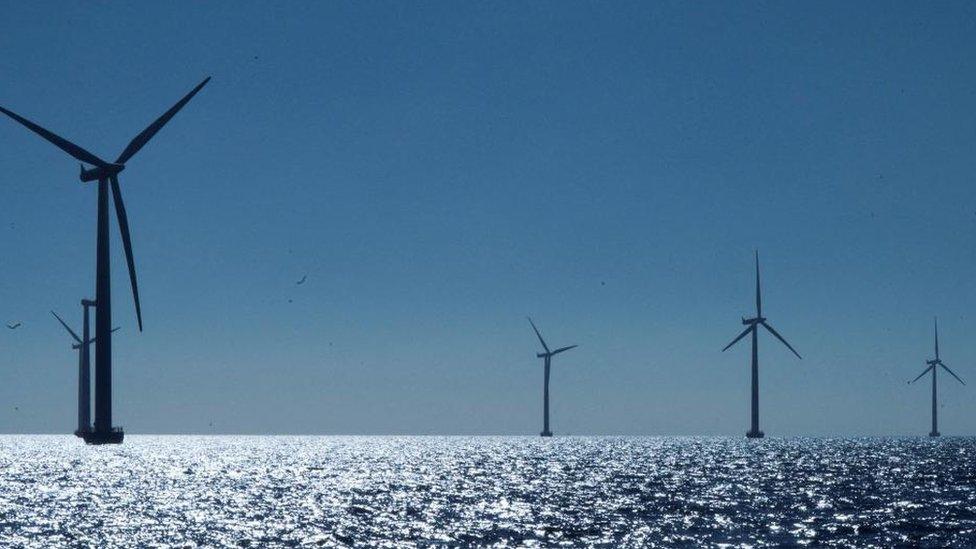
- Published6 March 2024
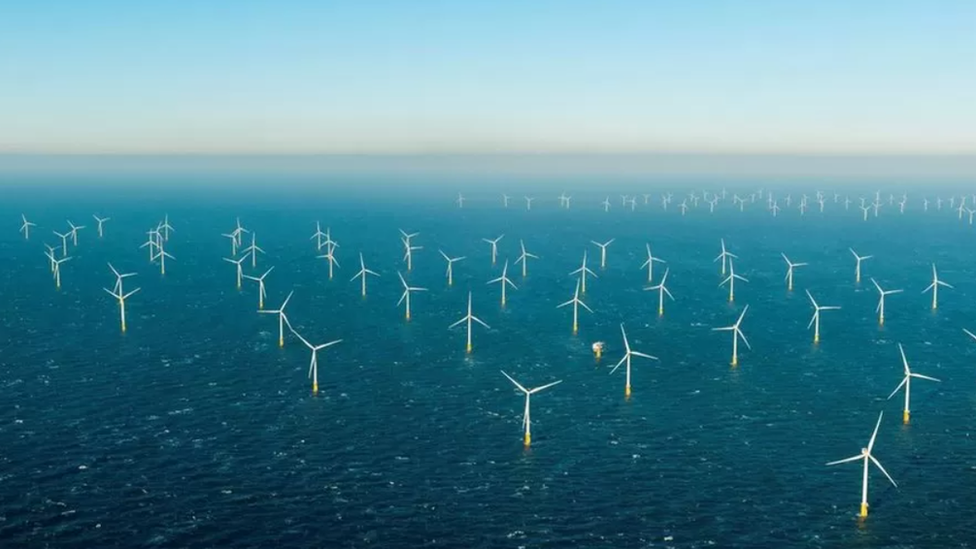
- Published6 March 2023
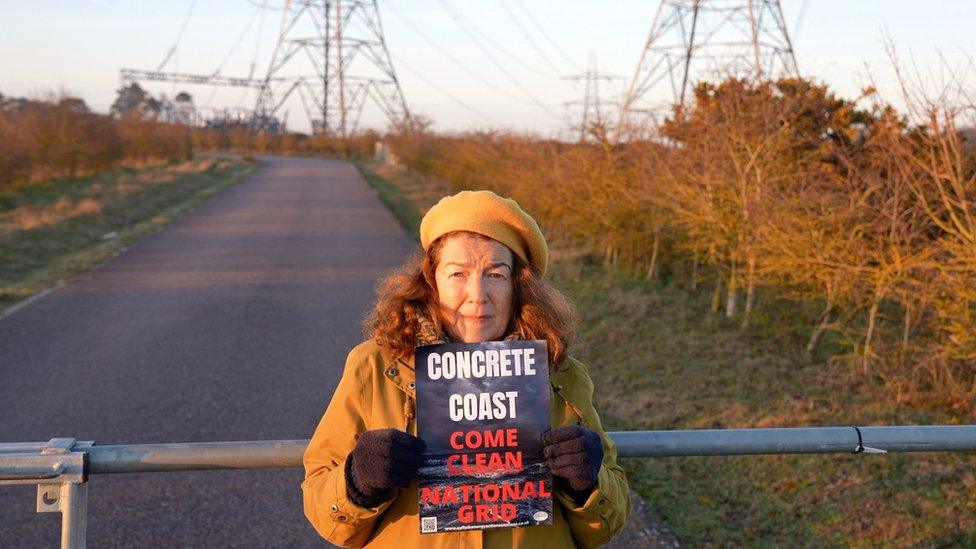
- Published10 January 2024

- Published6 December 2023
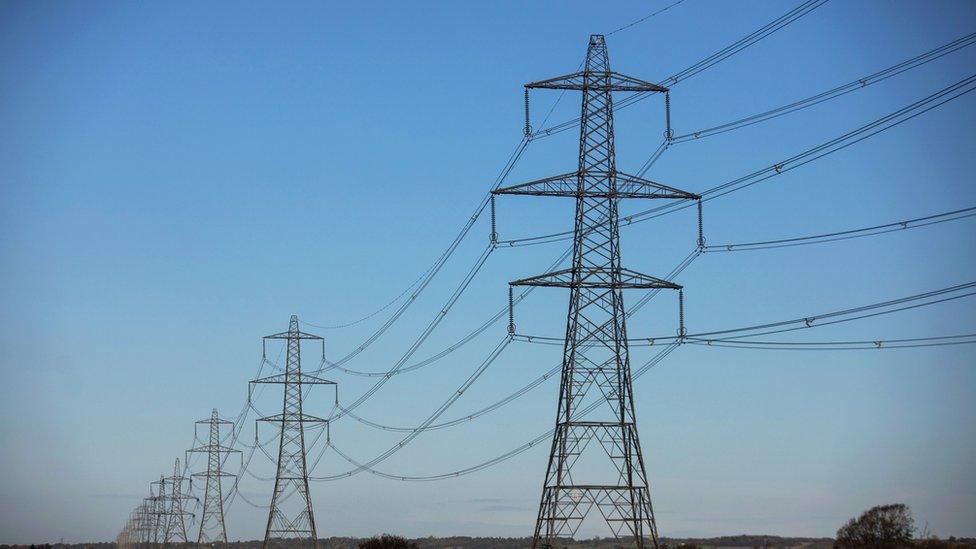
- Published27 June 2023
